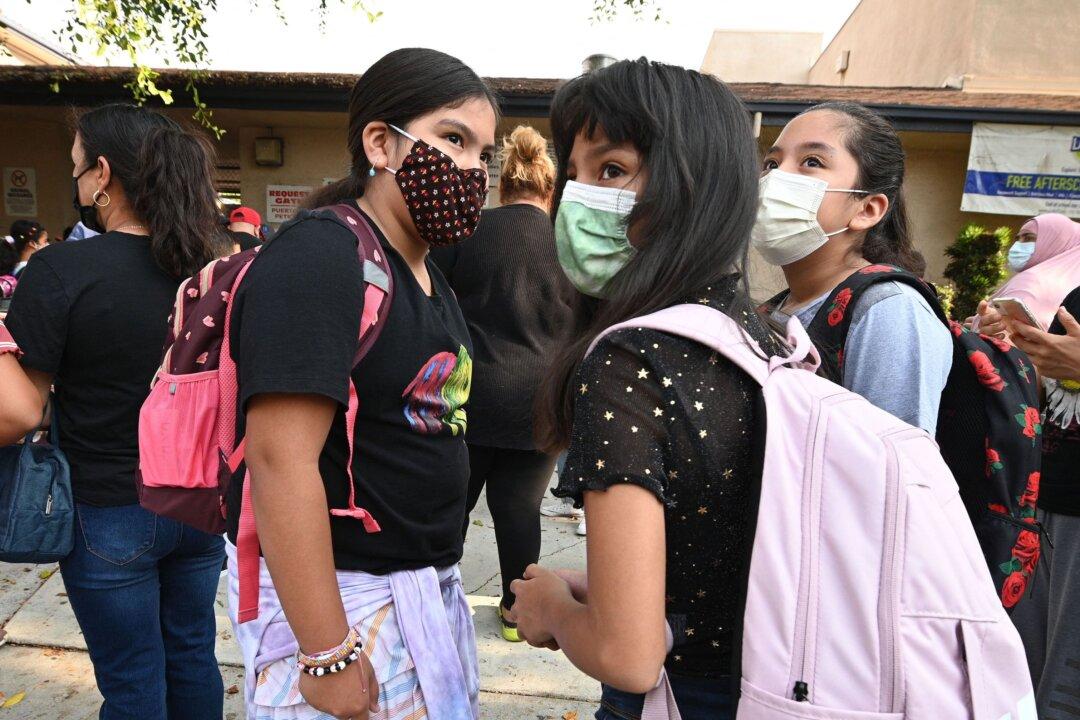California lawmakers have passed a legislative bill that some parental rights groups have called “state-sanctioned kidnapping.”
Assembly Bill 665, or AB 665, would allow a child as young as 12 to consent to mental health counseling and placement in a group home without parental knowledge or consent.





